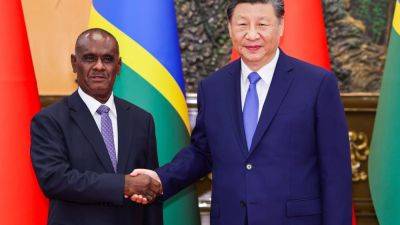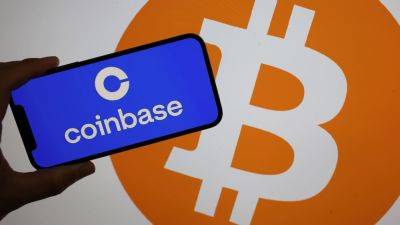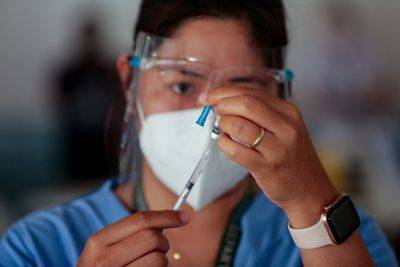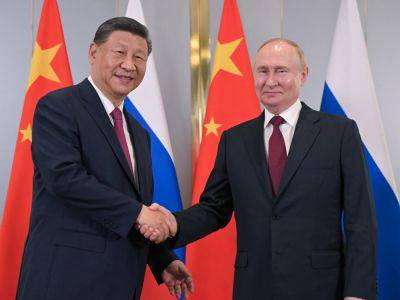Tiger testicles and mythical banquets: What China’s emperors inside Beijing’s secretive Forbidden City really ate
CNN —
The Forbidden City was once one of the most powerful places on the planet. In 1420, while Europe was in the midst of the Hundred Years’ War and yet to discover America, China’s Ming Dynasty ruler was moving into his new home in the center of Beijing and beginning to strengthen his grip on an expanding empire.
Inside their vast palace, China’s emperors were unassailable, protected not just by the miles of walls surrounding them, but by the extreme secrecy that governed the lives of the royalty within them. It was called the ‘Forbidden City’ because few Chinese subjects were allowed to enter.
The last emperor was evicted in 1924. In the years that followed, as the world’s largest palace complex began to open its doors to the outside world, the enigmas of even the darkest corners of the Forbidden City were exposed to daylight.
But one topic remains murky, even today: Food.
Decades after the fall of imperial China, even as historians continue to collaborate to examine China’s past, very little is known about what was eaten in one the world’s richest and most powerful households – especially in the early days, as most of the ancient documents that might offer insights into the topic have been sealed off because of their fragile state.
Zhao Rongguang, a food historian from the northern Chinese province of Heilongjiang, is one of the last few people – and quite possibly the only person – to have accessed and thoroughly studied all of them before they were locked away. This puts him in the rare position of being able to debunk many of the myths about palace cuisine that have persisted for decades.
Zhao Rongguang started researching the Forbidden City's culinary history in the 1980s.Zhao began delving into the







